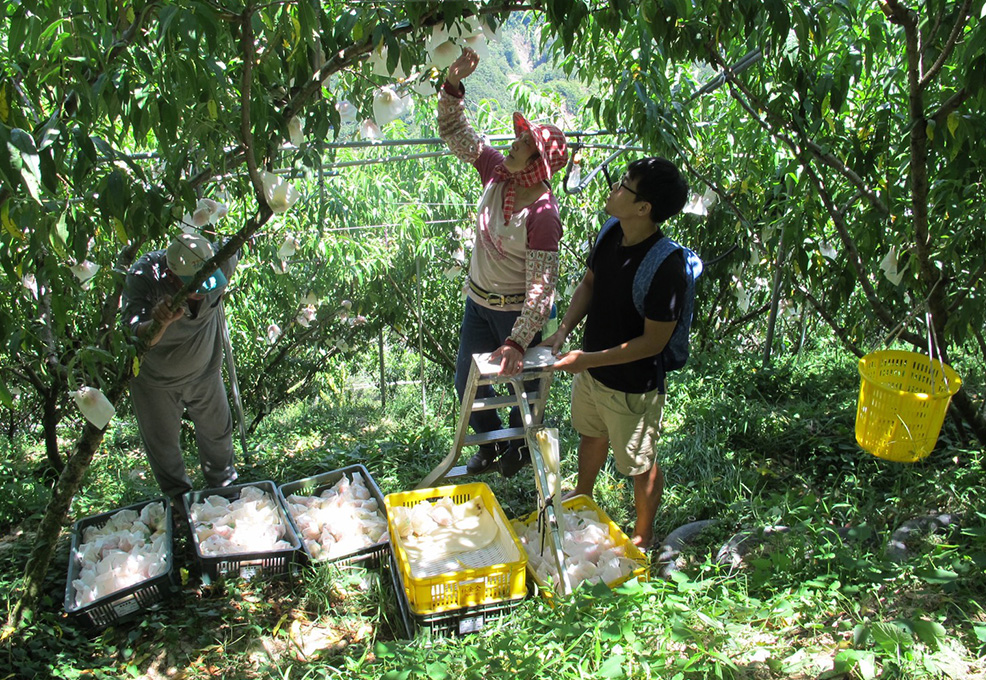Lessons Learnt from Entrepreneurship

- HUMANITIES & SOCIAL SCIENCES
- Interview
- March 20,2020
Behind the team working at the forefront of novel coronavirus (COVID-19) prevention in Taiwan, stands a highly experienced advisor - Prof. Shan-Chwen Chang, a leading expert of infectious diseases, Executive Vice President of National Taiwan University and convenor of the advisory panel to the Central Epidemic Command Center.
Scheduled from one meeting after another during the critical period, Prof. Chang seized a brief moment and sat down with us to share Taiwan’s measures and strategies countering COVID-19 pandemic. His past experience in infectious diseases has deemed the evident of his notable reputation, where he successfully led the public to overcome several nationwide health epidemics, including SARS in 2003 and H1N1 in 2009.
After a bitter yet valuable lesson from the SARS outbreak in 2003, Taiwan established the National Health Command Center with a branch specifically focuses on large-scale pandemic responses and acts as a central command post for direct and transparent measures. Moving a few steps ahead of other countries, Prof. Chang says that soon as the news came out about the virus spreading from Wuhan, officials in Taiwan immediately implemented series of emergency measures, including restricting flights, screening passengers, activating Central Epidemic Command Center (CECC) to coordination with various ministries to enact policies and strategies.
Combined various advanced technologies, such as big data, mobile positioning system and health care cloud computing system, CECC is able to efficiently monitor the outbreak situation. By successfully traced the source of infection, confirmed patient #19, a taxi driver who became Taiwan's first casualty died from the virus, and identified the locations where Diamond Princess cruise passengers have visited in Northern Taiwan, the innovative approach is proven to be plausible in slowing down the outbreak.
Having a more comprehensive central command structure and measures compared to 17 years ago, Taiwan has been praised by many countries for its effective interventions against the spread of COVID-19.
Post SARS, emerging diseases such as avian influenza, dengue fever and Enterovirus have led scientists and officials in Taiwan to reflect on how to better respond and control similar epidemics. Government allocated a considerable amount of budget to support academic and research in infectious diseases. In 2010, the Ministry of Science and Technology activated a five-year "Taiwan Emerging and Re-emerging Infectious Disease (EID) Project." With about NT$200 million to NT$390 million dollars invested in the first phase aiming to implement government strategies for disease control and prevention. For over a decade, the fund has supported various researches ranging from disease mechanism, clinical application, pathogenesis, immunology and epidemiology, establishment of animal testing model and vaccine development. The latest phase started from 2020 and has been composed a budget of more than NT$50 million dollars.
Although the funds of EID Project are not as substantial compared with European and American countries, Prof. Chang says that the funding still provides inevitable support to the nation’s overall power of research and development. He continues by pointing out that in order to properly handle future epidemic emergencies, Taiwan has to prepare ahead by strengthening the medical capability, resource distribution, technology application and effective communications methods. The latest breakthrough by Taiwan’s premium research body, Academia Sinica, was made public earlier in March, where the new COVID-19 diagnostic test could be successfully synthesized in 15 minutes, a drastic time cut from 4 hours with prior testing method.
At present, many medical institutions are working with full dedication to develop the vaccine. However, Prof. Chang stresses that for the vaccine to be massively produced and distributed, several procedures, from research and development to animal testing and human clinical trials, are mandatory to ensure safety measures. Given that the resources is limited to conduct animal testing in Taiwan, it is still necessary to produce the vaccine itself in order to make up for vulnerabilities.
The COVID-19 has become a full-fledged global outbreak. In the face of the second wave of epidemic, Prof. Chang reminds us that "although Taiwan is geographically small in size, the potential elevation of the domestic outbreak is still possible as community transmission is deemed to be unavoidable.” He concludes that “with the number of cases around the world continue to rise, it is rather challenging for Taiwan to maintain as a safe haven with contained virus development. We don't have to panic, but we must be mentally prepared!"
STAY CONNECTED. SUBSCRIBE TO OUR NEWSLETTER.
Add your information below to receive daily updates.




